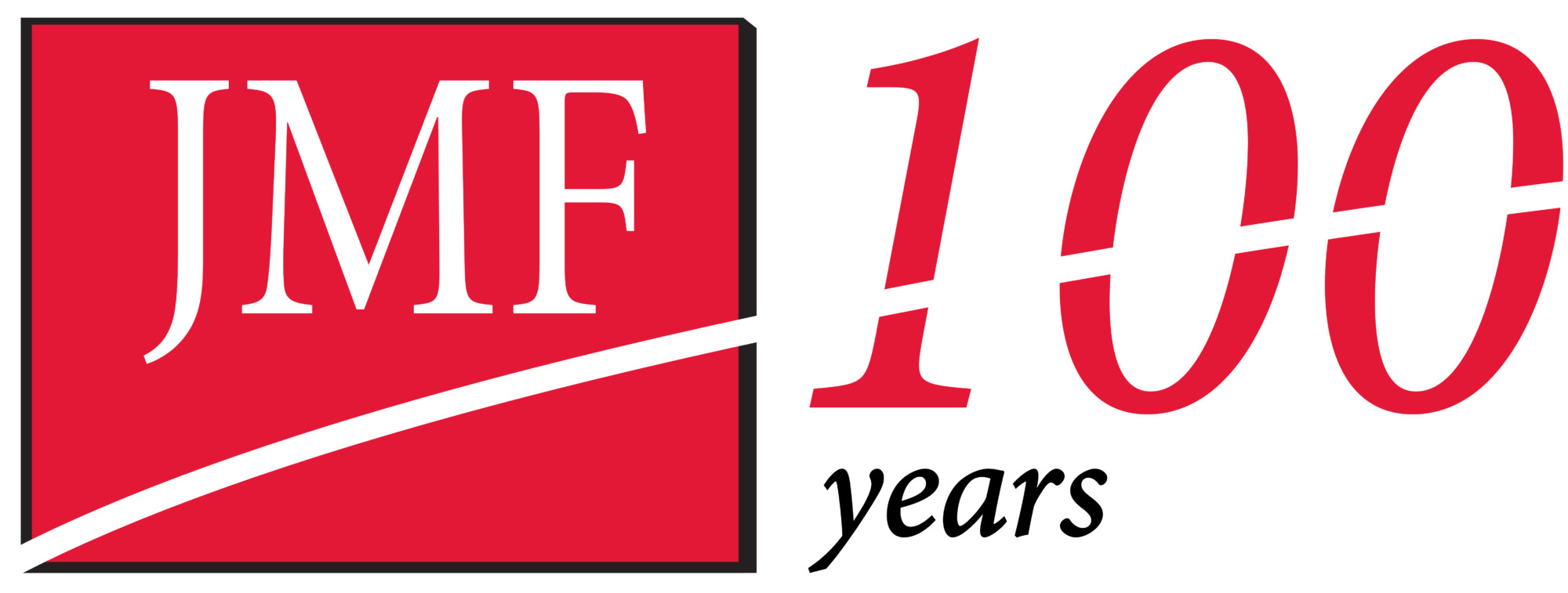Reap tax rewards for travel and entertainment
What are your plans for the summer? If you have a business trip scheduled for a place you would like to visit personally, you might decide to combine a little pleasure with your business. Similarly, you may invite some of your best clients to your home for a Memorial Day or Fourth of July barbecue or treat them to a night out on the town.
Typically, you can write off a portion of your summer travel and entertainment (T&E) costs if you engage in more business than pleasure. However, you must be careful to keep detailed records to support your claims.
Generally speaking, while you are away from home on business, you can deduct travel expenses such as airfare, meals and lodging, as well as related incidentals such as cab fares and tips. Although most of these costs are 100% deductible, the deduction for business meals is limited to 50%. In addition, deductions may be reduced or eliminated under other special rules for business travel.
Travel expenses may qualify as deductions as long as the primary purpose of the trip is business. That means you can squeeze in some sightseeing or rest and relaxation, but any costs attributable to personal pursuits are nondeductible.
Furthermore, you could be in line to deduct entertainment expenses that are either “directly related” or “associated with” your business. As with the deduction for meals while you are traveling on business, this deduction is generally limited to 50% of the cost.
The key rules for deducting business entertainment are as follows:
- Entertainment is directly related to your business if you actually discuss business during the entertainment and you have more than a general expectation of deriving a business benefit from that meeting. In other words, the entertainment cannot be strictly for goodwill purposes. Also, the entertainment must take place in an atmosphere conducive to discussing business.
- Entertainment is associated with your business if it precedes or follows a substantial business discussion. In this case, you do not have to actually “talk business” during the entertainment. If the client comes from a distance, the substantial business discussion can take place either the day before or the day after the entertainment occurs.
Note that the cost of entertainment that is “lavish or extravagant” is not deductible. But that doesn’t mean you have to skimp either. Be reasonable about the accommodations.
There are, of course, several exceptions to the general rules. For instance, if you hold a company barbecue or other get-together and you invite the entire workforce to the get-together, you can deduct 100% of the cost. But the expenses attributable to any social guests (e.g., a few close friends) you also invite are nondeductible.
Finally, be aware that employee business expenses, including unreimbursed T&E expenses, must be deducted as miscellaneous expenses on your personal tax return. The deduction for miscellaneous expenses is limited to the excess above 2% of adjusted gross income (AGI). But having your company pay T&E expenses under an accountable plan avoids the 2%-of-AGI limit.






Leave A Comment
You must be logged in to post a comment.